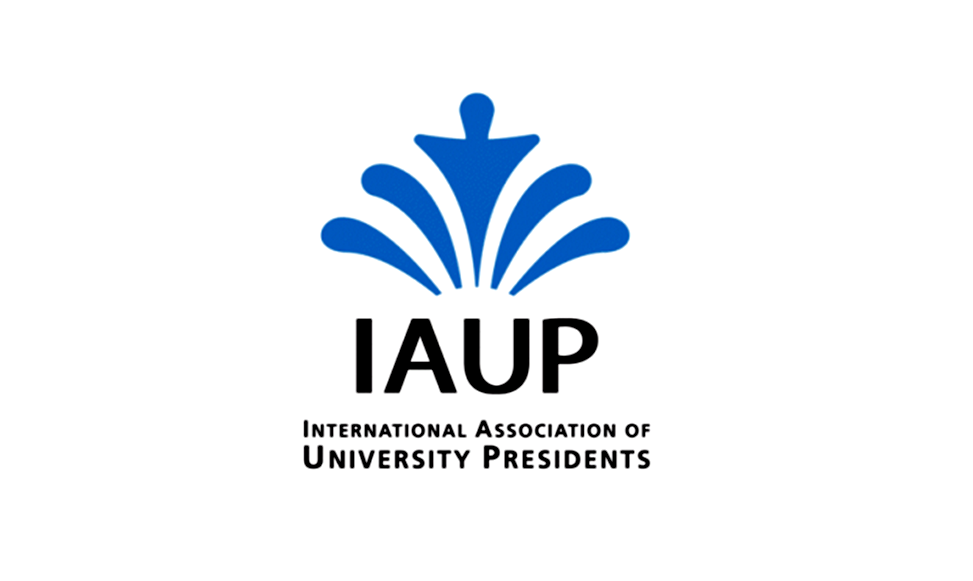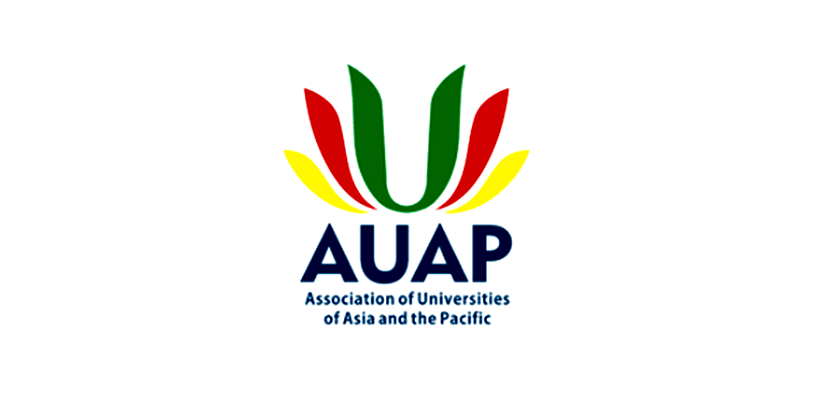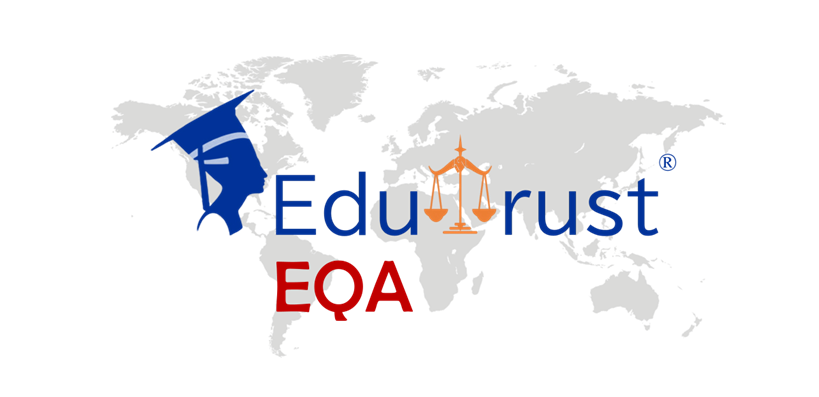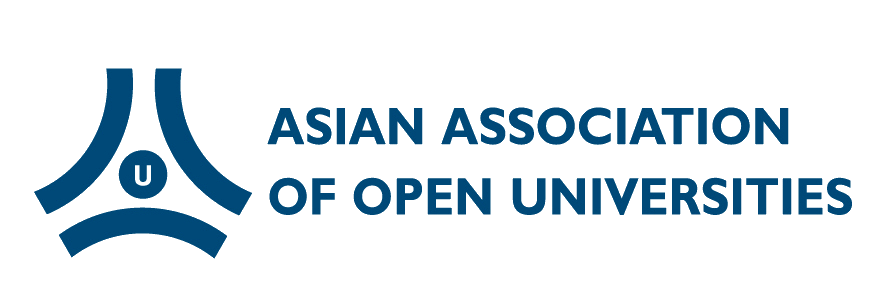College News
The Asia Pacific School of Business Establishes Xinjiang Aid Expert Office via Joint Graduate School of Traditional Medicine

The Asia Pacific School of Business Establishes Xinjiang Aid Expert Office via Joint Graduate School of Traditional Medicine
International academic powerhouse leverages global resources to boost traditional medicine development in Xinjiang
Singapore, [12 Oct, 2025]
The Joint Graduate School of Traditional Medicine (JGSTM) under The Asia Pacific School of Business (APSB) officially announced the establishment of the Xinjiang Aid Expert Office today. This initiative marks APSB’s strategic extension of its international traditional medicine education network into Northwest China, aiming to integrate global academic resources with Xinjiang’s ethnic medical heritage through expert collaboration, talent cultivation, standardized research, targeted training, and community-focused medical services.
A Legacy of International Accreditation and Academic Excellence
Founded in 1995, APSB has solidified its reputation as a globally recognized institution with nine prestigious international accreditations, including certifications from the Accreditation Council for Business Schools and Programs (ACBSP), Quality Matters (QM), and the Global Academy of Finance and Management (GAFM) . As a member of international educational consortia such as the Asian Association of Open Universities (AAOU) and SEAMEO, APSB’s curriculum and degree programs are fully recognized by educational authorities across 31 countries and regions .
JGSTM, APSB’s flagship traditional medicine education arm, has further amplified this influence through transnational partnerships. Collaborations with Vietnam’s National University of Hanoi, Dong Do University, and Bac Ha International University have yielded government-approved master’s and doctoral programs in Traditional Chinese Medicine (TCM), supported by 12 rigorous academic regulations covering tutor qualification, degree evaluation, and academic ethics . “Our institutional framework adheres to global standards while preserving traditional medical wisdom,” noted Dr. Jianyin Yiyan, Rotating Chairman of APSB’s Board of Trustees . JGSTM’s expert pool, comprising over 50 practitioners with dual credentials in Western medicine and traditional healing systems (e.g., TCM, Uyghur medicine), has previously led capacity-building projects in Southeast Asia, laying the groundwork for Xinjiang’s initiative.
Core Mandates of the Xinjiang Aid Expert Office
The newly established office will focus on five strategic pillars, drawing on APSB’s expertise in international education, traditional medicine integration, and community engagement:
Expert Deployment and Knowledge Transfer: APSB will dispatch JGSTM’s certified master’s and doctoral supervisors – whose profiles are publicly available on jgstm.apsb.edu.eu – to Xinjiang. These experts will provide training on standardized TCM diagnostics, ethnic medicine documentation, and digital teaching methodologies adopted in APSB’s Vietnam collaborative programs .
Specialized Training Programs for Local Medical Practitioners: The office will launch quarterly intensive training workshops tailored to Xinjiang’s healthcare needs, led by JGSTM’s interdisciplinary faculty. Courses will cover three key areas:
(1) Evidence-based Application of Uyghur Medicinal Herbs (aligning with APSB’s ISO 29990 quality standards for traditional medicine);
(2) TCM-Western Medicine Integrated Care for Chronic Conditions (e.g., hypertension, diabetes, common in rural Xinjiang); and (3) Traditional Medicine Clinical Trial Design (adopting protocols from APSB’s GAFM-accredited research programs). Certificates issued upon completion will be recognized by JGSTM’s global partner institutions, enhancing local practitioners’ international mobility.
Community-Focused Free Medical Consultations: In collaboration with Xinjiang’s regional health commissions and local hospitals, JGSTM experts will organize bi-annual free medical outreach events in underserved areas, including southern Xinjiang’s rural counties. These events will offer:
(a) Traditional medicine consultations (TCM acupuncture, Uyghur herbal therapy);
(b) Health screenings for chronic diseases;
(c) Public health education sessions on preventive care using local medicinal resources. All services will be conducted in Mandarin and Uyghur, with translation support from APSB’s multilingual staff, ensuring accessibility for ethnic minority communities.
Joint Research on Ethnic Medical Resources: The office will initiate studies on Xinjiang’s unique medicinal plants (e.g., Artemisia annua, Glycyrrhiza uralensis) and Uyghur medical practices, aligning research protocols with APSB’s ISO 29990 and ISO 21001-accredited quality management systems . Findings will be published in international journals (e.g., Journal of Ethnopharmacology, Chinese Journal of Integrative Medicine) to enhance global recognition of Xinjiang’s traditional medicine.
International Pathways for Talent Development: Building on APSB’s model of 70% international enrollment in its Vietnam joint programs , the office will create exchange opportunities for Xinjiang’s medical professionals to study at JGSTM’s partner institutions (e.g., National University of Hanoi, Singapore Institute of Traditional Medicine). Degrees earned through these pathways will be recognized by China, Singapore, and ASEAN nations, fostering a pipeline of globally competent traditional medicine experts in Xinjiang.
Strategic Significance for Regional and Global Collaboration
The initiative bridges APSB’s global network with Xinjiang’s cultural heritage, addressing four key priorities:
Standardization of Ethnic Medicine: Following its success in integrating Vietnamese traditional medicine into international education systems , APSB will help codify Xinjiang’s traditional practices into globally compatible curricula, facilitating cross-border academic exchange.
Advancing “Traditional Medicine + Technology”: Leveraging APSB’s experience in TCM-AI and biotechnology collaborations , the office will explore digital preservation of Xinjiang’s medical knowledge (e.g., a database of Uyghur herbal formulas), mirroring the university’s QM-certified online course development .
Strengthening Local Healthcare Capacity: The training workshops will upskill over 200 Xinjiang medical practitioners annually, while free consultations will serve an estimated 5,000 residents in underserved areas each year – directly addressing gaps in access to quality traditional medicine care in rural regions.
Fostering Inclusive Community Engagement: By delivering services in local languages and prioritizing ethnic minority communities, the office demonstrates APSB’s commitment to equitable healthcare, aligning with global sustainable development goals (SDG 3: Good Health and Well-being).
In a statement, Dr. Yong Shenyu, APSB’s Director of International Liaison, emphasized the office’s alignment with APSB’s mission: “‘Integrating East and West, uniting knowledge and practice’ – this office translates our philosophy into action by empowering Xinjiang’s traditional medicine through global academic cooperation, while ensuring our work directly benefits local communities via training and free care.”
Local medical authorities in Xinjiang expressed strong support for the partnership. Dr. Abdukerim Rehep, Director of Xinjiang Uyghur Autonomous Region Traditional Medicine Hospital, stated: “The will help our practitioners adopt international standards, and will bring expert care to those who need it most. This collaboration preserves our cultural heritage while connecting us to the global traditional medicine community.”
For media inquiries, contact: jgstm_xj@apsb.edu.eu / 400-030-2772/991
About The Asia Pacific School of Business (APSB) and JGSTM: Asia Pacific School of Business (APSB), a Singapore-based institution, is accredited by global organizations such as ACBSP and GAFM. JGSTM, the Graduate School of Traditional Medicine, is a partnership between APSB and several leading universities in Asia. Offering government-recognized undergraduate, master's, and doctoral degrees, JGSTM focuses on international talent development, evidence-based research, and community-centered healthcare solutions in the field of traditional medicine.
























